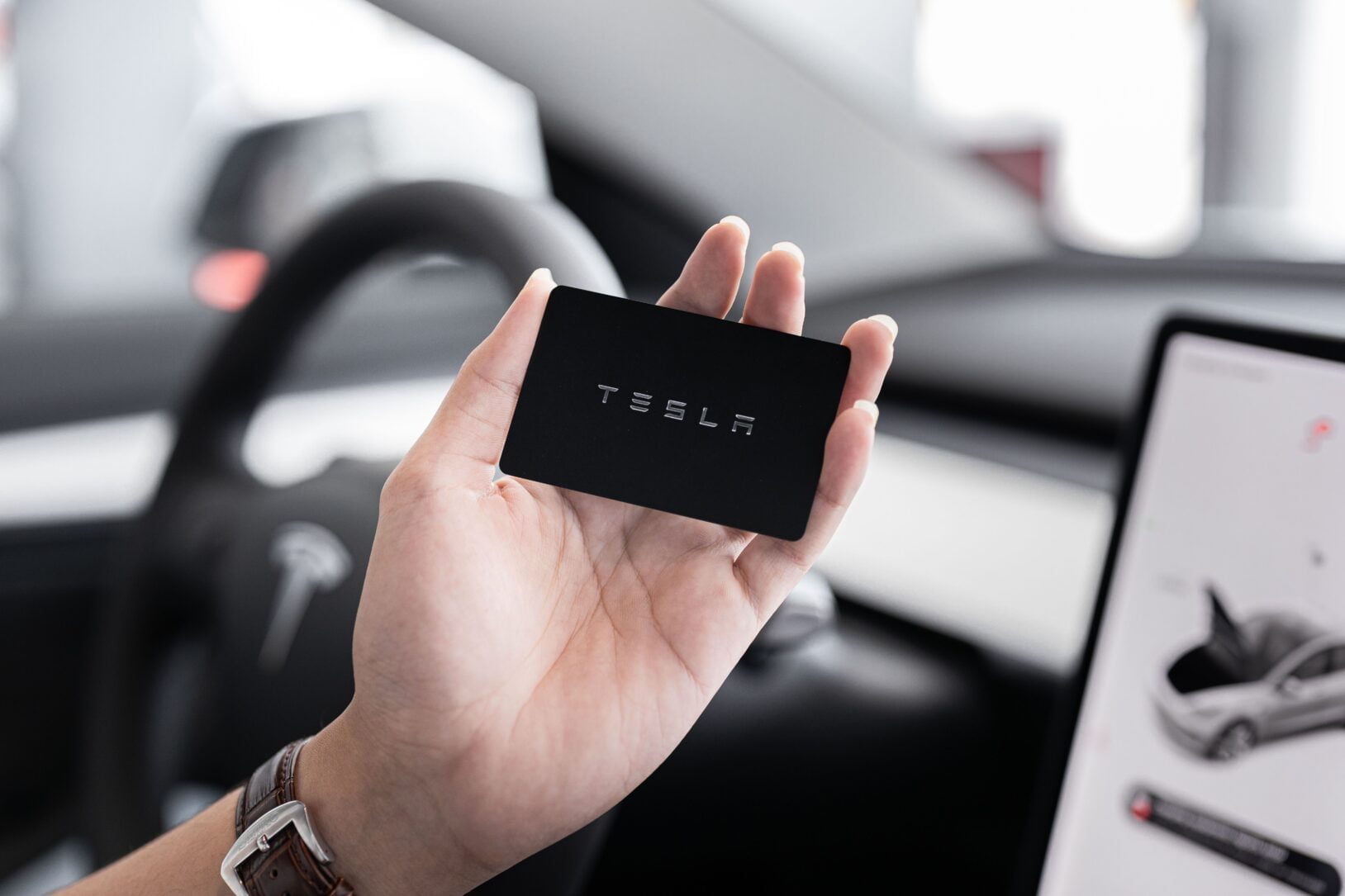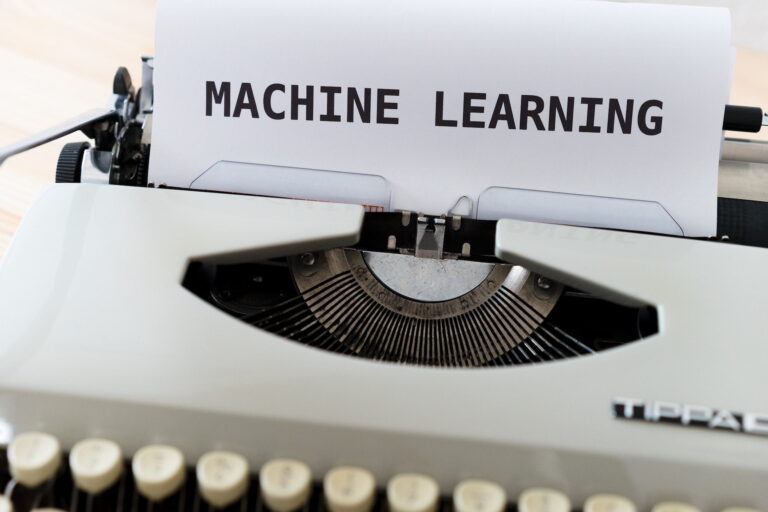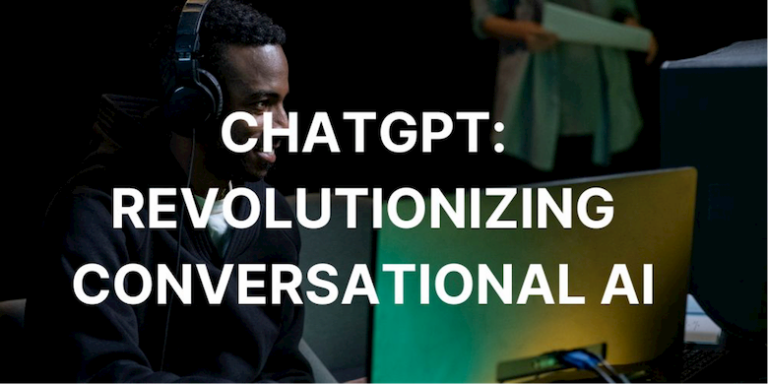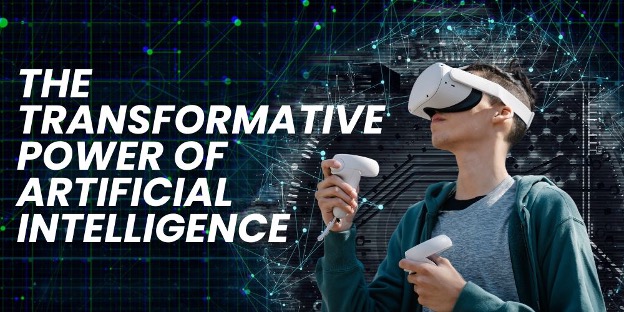Driving into the Future: How AI is Revolutionizing the Auto Car Industry
The auto car industry has undergone significant changes over the years, with the advent of new technologies such as artificial intelligence (AI) playing a major role. AI is transforming the way we design, manufacture, and market cars, and it has the potential to revolutionize the auto car industry in the years to come. In this article, we will explore the impact of AI on the auto car industry, focusing on three key areas: autonomous driving, car design and manufacturing, and customer experience and marketing.
Autonomous Driving
Autonomous driving is one of the most promising applications of AI in the auto car industry. By using sensors, cameras, and machine learning algorithms, self-driving cars are able to navigate roads, avoid obstacles, and make decisions without human intervention. Autonomous driving has the potential to improve road safety, reduce traffic congestion, and increase mobility for people who cannot drive or do not have access to cars. However, there are also challenges to overcome, such as regulatory and legal issues, public acceptance, and technical limitations. Nevertheless, many companies, from traditional automakers to tech giants, are investing heavily in autonomous driving technologies and working to bring them to market.

Design and Manufacturing
AI is also transforming the way cars are designed and manufactured. By using generative design, predictive maintenance, and quality control algorithms, car manufacturers are able to optimize their production processes, reduce costs, and improve the quality of their products. AI can help designers explore new design options and select the most efficient ones, while predictive maintenance can reduce downtime and maintenance costs. Quality control algorithms can detect defects or anomalies in car parts that may not be visible to the human eye, ensuring that only high-quality products reach the market. However, the adoption of AI in car design and manufacturing also raises concerns about job displacement and the need for new skills.
Customer Experience and Marketing
Finally, AI is also being used to enhance the customer experience and improve marketing and sales in the auto car industry. By using chatbots, voice assistants, and predictive analytics, car companies can provide personalized recommendations, streamline the sales process, and improve customer satisfaction. AI can analyze customer data to identify trends and preferences, and can even predict customer behavior and sentiment. However, there are also ethical considerations to take into account, such as data privacy and security, and the potential for AI to perpetuate biases or discrimination.
Advice
To fully realize the potential of AI in the auto car industry, it is important for companies to collaborate, invest in research and development, and address the challenges and limitations of AI adoption. Some recommendations include investing in data management and analysis capabilities, upskilling and reskilling employees to work with AI technologies, and ensuring transparency and accountability in AI decision-making processes. Furthermore, it is important to engage with stakeholders, including policymakers, consumers, and civil society, to address ethical and social implications and build trust in AI systems.
Conclusion
In conclusion, AI is transforming the auto car industry in profound ways, from enabling autonomous driving to enhancing the customer experience. While there are challenges and limitations to its adoption, the potential benefits are significant, including improved safety, efficiency, and sustainability. The auto car industry will continue


















+ There are no comments
Add yours